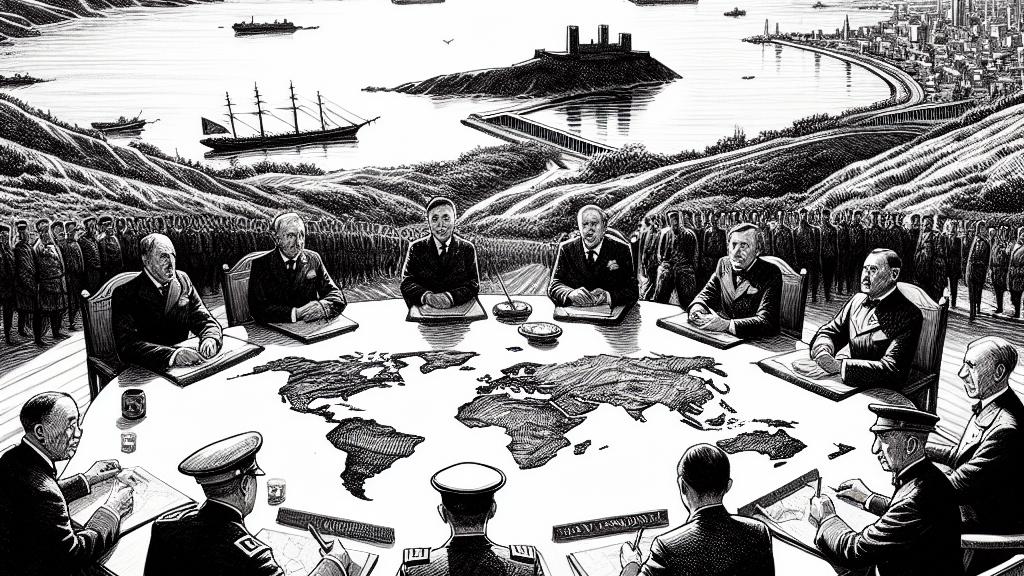Formation of a Regional Alliance Against Ethiopia
Overview
- Eritrea, Egypt, and Somalia unite in a strategic partnership, aiming to counter Ethiopia's maritime ambitions.
- Ethiopia's push for a coastal port ignites tensions, raising fears of potential conflict.
- Historical rivalries and shifting alliances threaten the fragile peace in the Horn of Africa.

Recent Summit in Eritrea
In a crucial meeting held in the scenic capital of Asmara, leaders from Eritrea, Egypt, and Somalia came together, signaling a decisive shift in regional alliances. Eritrean President Isaias Afwerki welcomed Egyptian President Abdul Fattah al-Sisi and Somalia’s Hassan Sheikh Mohamud, emphasizing their commitment to strengthen ties against shared adversities, particularly concerning Ethiopia's assertive territorial ambitions. With Ethiopia absent from these discussions, the leaders made pointed references to maintaining sovereignty and territorial integrity, hinting at their united front. Consequently, this alliance seeks to reshape the regional dynamic, especially in light of Ethiopia's longing for access to a seaport—and this ideological shift could have far-reaching implications for security and stability in the Horn of Africa.
Rising Tensions with Ethiopia
As the alliance strengthens, the currents of tension between Somalia and Ethiopia grow increasingly turbulent. Notably, Somalia has intensified military cooperation with Egypt, evident from the recent delivery of arms to bolster their defense capabilities against al-Shabab. Meanwhile, a controversial agreement between Ethiopia and Somaliland to lease coastal territory has fueled outrage in Somalia, which considers Somaliland part of its sovereign territory. This overlaps with Ethiopia’s long-standing conflicts, especially considering its past military engagements and the recent peace accord following the Tigray war, which excluded Eritrea. Such deepening military ties and historical animosities portray a complex tapestry of relationships—one that heightens fears of renewed conflict and undermines the fragile peace. Notably, both Egypt and Somalia now openly challenge Ethiopia's growing influence and territorial claims, raising the possibility of military confrontations reminiscent of past regional conflicts.
Historical Context and Future Implications
To understand this evolving situation, one must delve into the historical context that shapes these nations' interactions. Central to this narrative is the painful memory of the Ogaden War—when Ethiopia and Somalia clashed over territorial disputes during the late 1970s, leaving scars that have not fully healed. President Mohamud’s recent calls for unity among Somalis reflect this historical backdrop, as he seeks to defend his country’s territorial integrity at all costs. As Egypt and Eritrea navigate their own fraught histories with Ethiopia, the regional landscape becomes increasingly volatile. Each nation now carries the weight of its past actions, complicating diplomatic relations and igniting suspicions. With the potential for conflict looming large, the time for proactive diplomatic engagement is crucial. This delicate balance of power in the Horn of Africa calls for vigilance and a commitment to dialogue—critical for averting a crisis that could envelop the region in turmoil once more.

Loading...